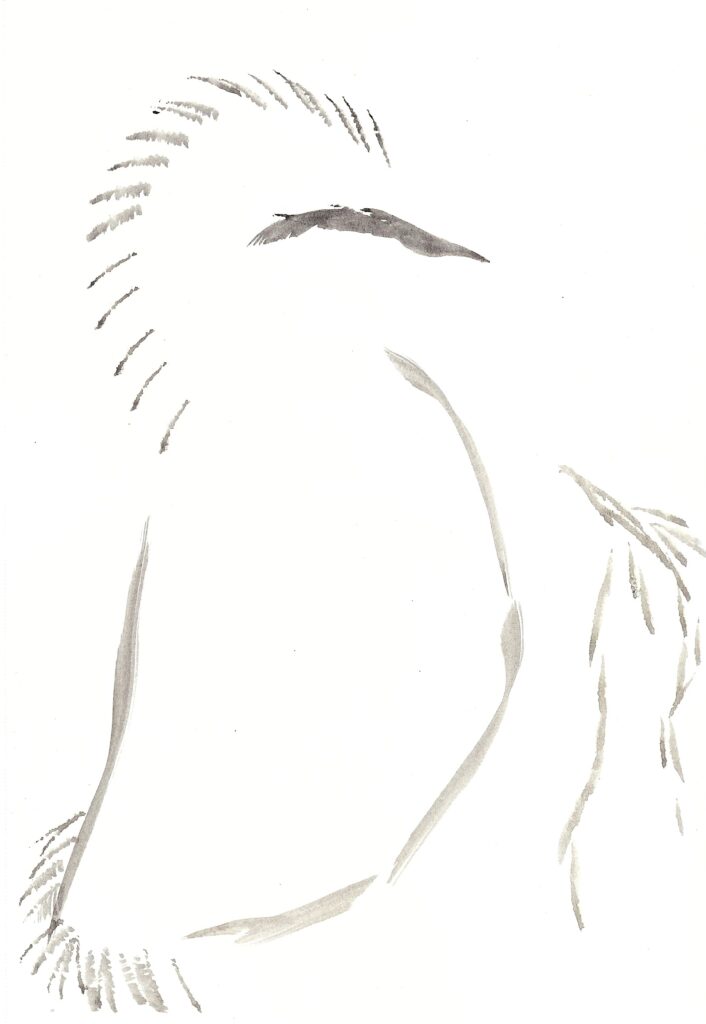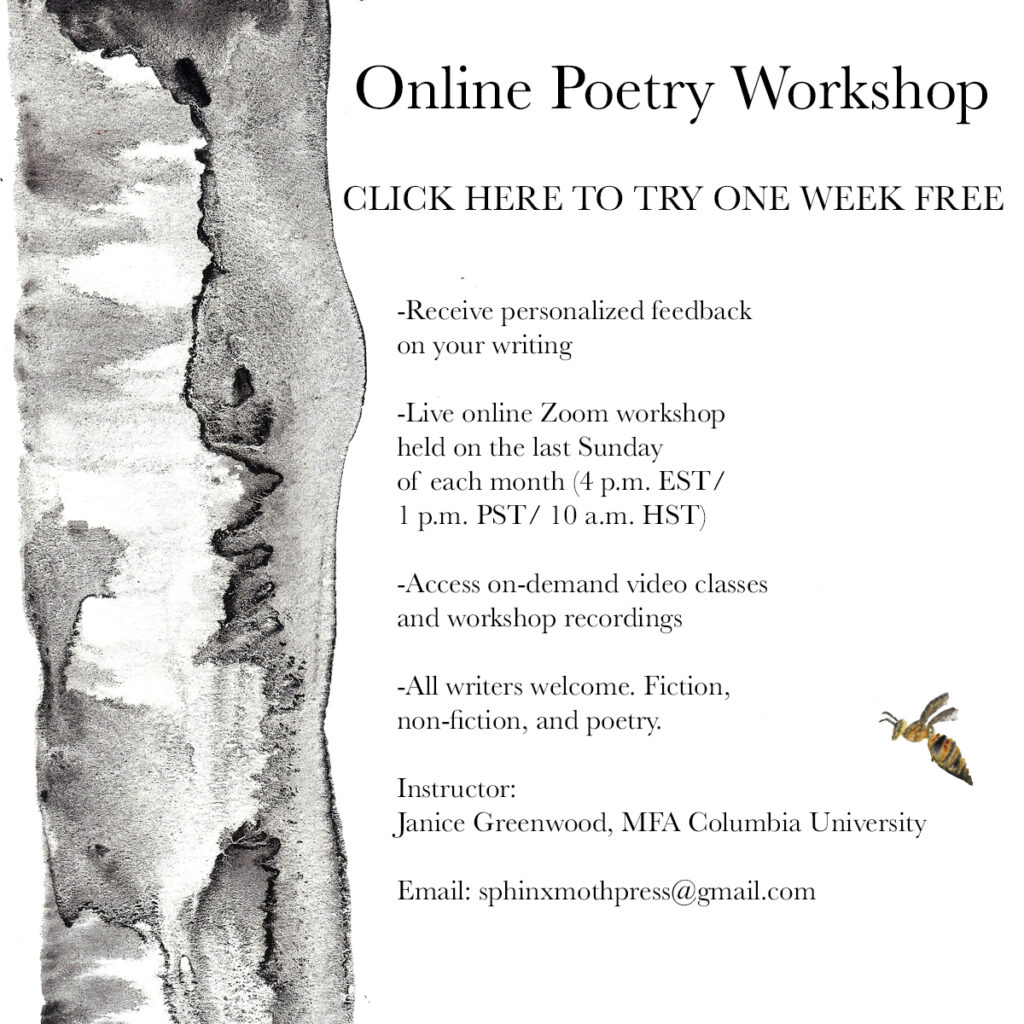Emily Dickinson and Thomas Wentworth Higginson. Mary Shelley and Lord Byron. James Baldwin and Toni Morrison. David Foster Wallace and Jonathan Franzen. There’s something unique about friendships between writers, a kind of intimacy and distance that can only be achieved when a friendship is forged by the bonds of words rather than by the bonds of proximity, shared interest, or by the commonalities that define so many of our other friendships.
The great essayist Michael de Montaigne wrote that love in friendship is a “general universal warmth, temperate moreover and smooth, a warmth which is constant and at rest.” He contrasts this love with sexual love, which is “fickle, fluctuating, and variable” and “but a mad craving for something which escapes us.”
For Montaigne, friendship is “a matter of the mind.” Unfortunately for Montaigne, he didn’t believe in friendship between women, explaining matter-of-factly that “there is no example yet of women attaining it” and so we leave him right there.
Writers, being writers, can be remarkable at analyzing the vicissitudes of friendship.
Glennon Doyle on Friendship
“I love people but not in person. For example, I would die for you but not, like… meet you for coffee. I became a writer so I could stay at home alone in my pajamas, reading and writing about the importance of human connection and community.” Untamed. Glennon Doyle. Amen, sister.
In Untamed, Glennon Doyle explains, matter-of-factly, “I am not a good friend. I have never been capable of or willing to commit to the maintenance that the rules of friendship dictate.” She explains that she can’t remember birthdays, doesn’t ever want to meet for coffee, and won’t text back, “because it’s an eternal game of Ping-Pong, the texting. It never ends.”
Realizing she couldn’t live up to the rules of traditional friendship, Doyle explains “I decided I would stop trying. I don’t want to live in constant debt.”
So, when Elizabeth Gilbert offers to be her friend, she initially hesitates. But writers are good at analyzing the unwritten rules we live by, and may be better able to re-write those rules. Writers are also very good at making their own rules. Gilbert “offered a new friendship memo: that for us there would be no arbitrary rules, obligations, or expectations. We would not owe each other anything other than admiration, respect, love—and that was all done already. We became friends.”
What do we owe our friends? The beauty of friendship is that we get to decide.
Doyle explains, “At this moment, I have 183 unread texts. Texts are not the boss of me, and neither is anybody who texts me. I have decided, once and for all, that just because someone texts me does not obligate me to respond. If I believed differently, I’d walk around all day feeling anxious and indebted, responding instead of creating.”
I sympathize. There are only so many hours in the day to answer emails and respond to texts and to write essays, to meditate, to do my job and do it well, and to work on my poetry and to work on my art; there are only so many hours to go surfing, and make coffee, and dance, and feed the birds that visit me. If I spent all day responding to every ping like a Pavlovian dog, I’d never get through the meditation, never finish the essay, never write the next poem, paint the next painting.
My friends live scattered across the country and the world. I live in Honolulu, Hawaii, the most remote city on earth. I have friends in Portland, Seattle, San Diego, New York city, Toronto, Miami, and beyond. This means that when I need a good heart-to-heart, the heart-to-heart happens over the phone or through text messages, but the outcome is the same. Friendships are forged on the bonds of admiration, respect, and love, not on whether I’ve had coffee with you in the last month. Perhaps if I was measured on the traditional standards, I’d be a failure, but my friendships are strong. My closest friends have been my friends for decades, or years. When we really, really need each other, we’re there.
My strongest relationships have thrived because they honored their own rules.

Jonathan Franzen and Farther Away
In his essay, “Farther Away,” Jonathan Franzen writes about his friendship with David Foster Wallace. He sums it up like this: “the story of my friendship with him is simply that I loved a person who was mentally ill.”
Franzen, in his essay, “Farther Away” writes that the writer is often unknown to himself, unknown to those closest to him, and often connects most closely with the strangers who find solace in his work. About Wallace, he writes, “it was still hard not to feel wounded by the part of him that had chosen the adulation of strangers over the love of people closest to him.” In fact, Franzen notes, “Close loving relationships, which for most of us are a foundational source of meaning, have no standing in the Wallace fictional universe.” Wallace connected with those who had immense difficulty connecting, which perhaps explains why his readers feel so “comforted” and “loved” when reading his work. Connection is formed on common ground. If your common ground is isolation, alienation, depression, anxiety, and loneliness, a literary voice that unapologetically expounds these things will draw you in its cold embrace. I have to agree with Franzen that “to the extent that each of us is stranded on his or her own existential island…his most susceptible readers are ones familiar with the socially and spiritually isolating effects of addiction or compulsion or depression.”
Cheryl Strayed on Friendship
In a life with competing priorities, maintaining friendships can be difficult. Strayed writes, in one of her Dear Sugar columns, “One of the greatest anxieties of these last several years has been that I feel like I’m not as good a friend as I want to be.” There’s a balance that arises when we honor our priorities in life. Sometimes we don’t always have time for the weekly coffee catch up. But Strayed notes, “every season or so,” she says “‘OK, it’s been three months since I’ve seen you. We must get together.’”
It’s delightful to discover that friendships can exist near and far, that the bonds of friendship can be forged on words as much as they can be forged on proximity. Read Cheryl Strayed’s Tiny Beautiful Things, read Jonathan Franzen’s Farther Away, or read my review of Glennon Doyle’s Untamed here.

About the Writer
Janice Greenwood is a writer, surfer, and poet. She holds an M.F.A. in poetry and creative writing from Columbia University.
